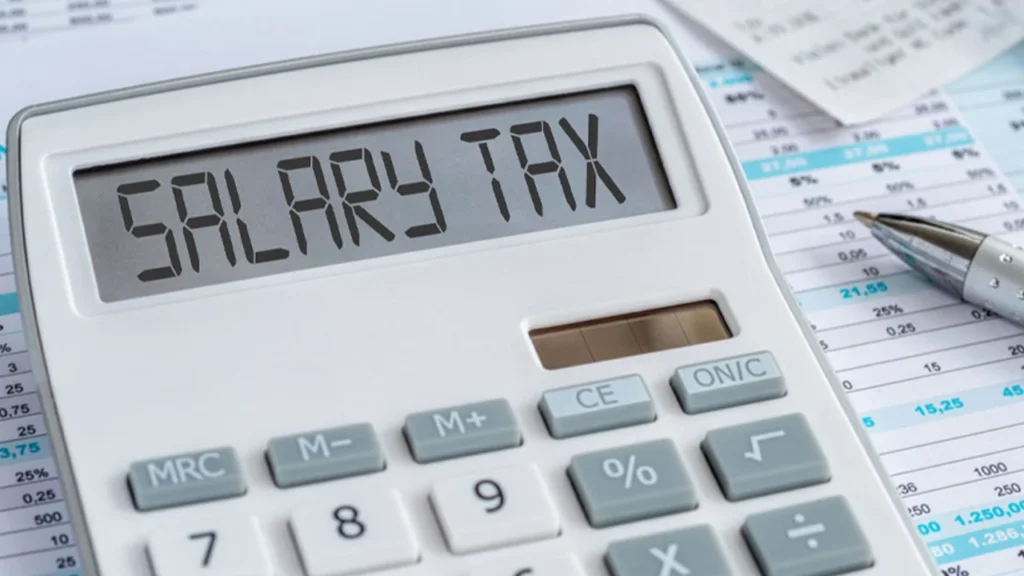- Web
- Feb 05, 2026
Salaried workers urge tax relief as burden surges amid inflation
-

- Web Desk
- Apr 14, 2025

ISLAMABAD: The Salaried Class Alliance Pakistan has urged the government to revise income tax policies, arguing that the salaried segment is bearing a disproportionate share of the country’s tax burden.
In a letter to Finance Minister Muhammad Aurangzeb, the Alliance said income tax collected from salaried individuals has grown significantly—from Rs76 billion in 2019 to a projected Rs570 billion in 2025.
It warned that this sharp increase, combined with stagnant wages and soaring inflation, is squeezing household budgets and pushing professionals to seek work abroad.
The Alliance criticised the rollback of key tax reliefs under the Finance Act 2022, which scrapped deductions for investments in mutual funds, shares, life and health insurance.
The Finance Act 2024 further deepened the burden, it noted, by introducing a 10 per cent additional surcharge on salaried income—a move the Alliance described as punitive for already tax-compliant individuals.
“The removal of deductions and surcharges has left salaried taxpayers with limited financial relief,” the letter stated. “This is driving a brain drain, as many professionals look overseas for better opportunities.”
The group also pointed out that salaried workers are not allowed to deduct work-related expenses from taxable income, unlike other taxpayer categories.
Moreover, the Rs600,000 annual income exemption limit has not been updated for years, despite rising living costs. The Alliance added that medical reimbursement exemptions—currently capped at 10 per cent—have not kept pace with healthcare inflation.
Citing regional comparisons, the Alliance said Pakistan’s income tax regime is more regressive than those in countries like India, Bangladesh, Vietnam, and Nepal, where exemption thresholds and allowable deductions are relatively more generous.
It called on the government to broaden the tax base by bringing undocumented sectors—such as real estate, wholesale trade, and informal businesses—into the formal net to ease pressure on compliant taxpayers.
In its recommendations for the 2025–26 federal budget, the Alliance proposed adjusting tax slabs, restoring pre-2024 tax rates, increasing medical and commuting allowances, and raising the exemption limit to at least Rs1.2 million.
It urged the Finance Ministry and the FBR to act swiftly to ensure fairness and protect the financial wellbeing of salaried workers.
Read next: FBR falls Rs100 billion short of March tax collection target




